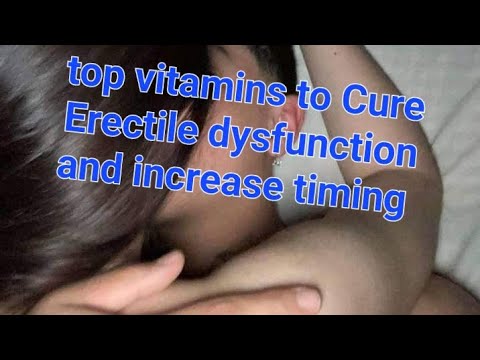This video shows that how to prevent from coronavirus and covid-19 in scientific way head explain by an expert.
There are some antioxidant.
#coronavirus
#covid-19
#prevention
The process of oxidation in the human body produces unstable chemicals called free radicals, which damage cell membranes and other structures.
Free radicals have been linked to a variety of diseases (including heart disease and certain cancers).
Antioxidants are compounds in foods that scavenge and neutralise free radicals.
Evidence suggests that antioxidant supplements do not work as well as the naturally occurring antioxidants in foods such as fruits and vegetables.
The process of oxidation in the human body damages cell membranes and other structures, including cellular proteins, lipids and DNA. When oxygen is metabolised, it creates unstable molecules called ‘free radicals’, which steal electrons from other molecules, causing damage to DNA and other cells.
The body can cope with some free radicals and needs them to function effectively. However, the damage caused by an overload of free radicals over time may become irreversible and lead to certain diseases (including heart and liver disease) and some cancers (such as oral, oesophageal, stomach and bowel cancers).
Oxidation can be accelerated by stress, cigarette smoking, alcohol, sunlight, pollution and other factors.
Antioxidants are found in certain foods and may prevent some of the damage caused by free radicals by neutralising them. These include the nutrient antioxidants, vitamins A, C and E, and the minerals copper, zinc and selenium.
Other dietary food compounds, such as the phytochemicals in plants, are believed to have greater antioxidant effects than vitamins or minerals. These are called the non-nutrient antioxidants and include phytochemicals, (such as lycopenes in tomatoes and anthocyanins found in cranberries).
Sources of antioxidants
Plant foods are rich sources of antioxidants. They are most abundant in fruits and vegetables, as well as other foods including nuts, wholegrains and some meats, poultry and fish.
Good sources of specific antioxidants include:
allium sulphur compounds – leeks, onions and garlic
anthocyanins – eggplant, grapes and berries
beta-carotene – pumpkin, mangoes, apricots, carrots, spinach and parsley
catechins – red wine and tea
copper – seafood, lean meat, milk and nuts
cryptoxanthins – red capsicum, pumpkin and mangoes
flavonoids – tea, green tea, citrus fruits, red wine, onion and apples
indoles – cruciferous vegetables such as broccoli, cabbage and cauliflower
isoflavonoids – soybeans, tofu, lentils, peas and milk
lignans – sesame seeds, bran, whole grains and vegetables
lutein – green, leafy vegetables like spinach, and corn
lycopene – tomatoes, pink grapefruit and watermelon
manganese – seafood, lean meat, milk and nuts
polyphenols – thyme and oregano
selenium – seafood, offal, lean meat and whole grains
vitamin A – liver, sweet potatoes, carrots, milk, and egg yolks
vitamin C – oranges, blackcurrants, kiwifruit, mangoes, broccoli, spinach, capsicum and strawberries
vitamin E – vegetable oils (such as wheatgerm oil), avocados, nuts, seeds and whole grains
zinc – seafood, lean meat, milk and nuts
zoochemicals – red meat, offal and fish. Also derived from the plants that animals eat.






